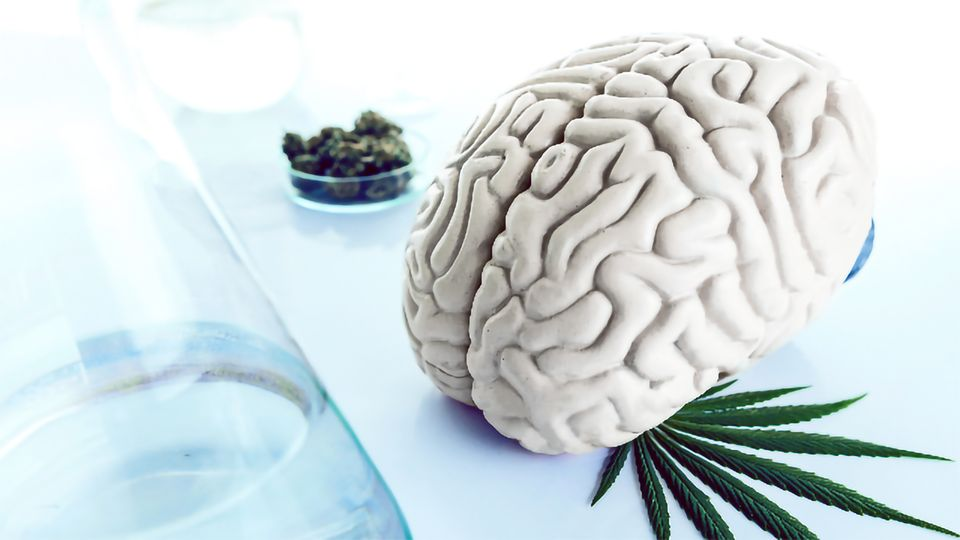Join Dr. Andersen, a distinguished faculty member at Harvard Medical School and an expert in behavioral neuroscience, as she delves into the intricate world of adolescent brain development and the impact of marijuana. This comprehensive course offers a profound exploration of normal brain developmental processes, the evolution of social behavior, emotional processing, and cognition during adolescence, and the vulnerabilities to drug abuse and mental illness.
In the first part of the course, Dr. Andersen elucidates the normal process of brain development, emphasizing its role in plasticity and the nuanced changes that occur during adolescence. Participants will gain insights into age-related alterations in the adolescent brain and the development of emotions and cognitive processes. Furthermore, the unique period of vulnerability for the expression of mental illness and addiction will be thoroughly examined.
The second part of the course delves into the multifaceted realm of marijuana, covering its components, including THC vs. CBD, and synthetic alternatives such as spice (k2). Participants will explore usage statistics, the ongoing debate surrounding the legalization of medical and recreational marijuana, and cultural considerations therein. Additionally, the mode of delivery, ranging from inhalation and vaping to ingestion, will be discussed alongside pharmacokinetics, pharmacodynamics, and safety considerations.


